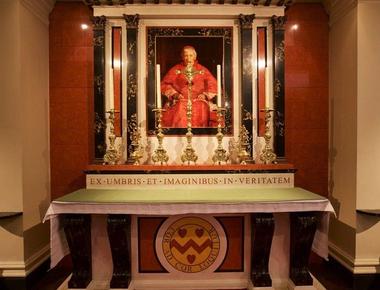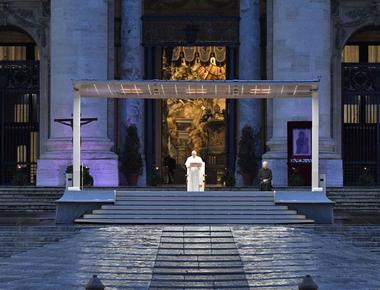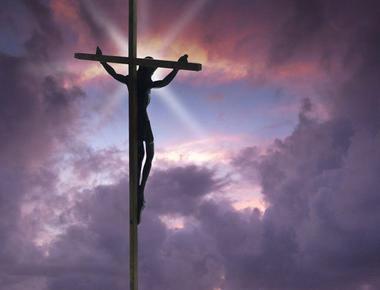
Dr. Timothy O'Malley presented this lecture as the keynote address for the National Institute for Newman Studies Spring 2020 Newman Symposium. The full lecture is posted at the end of the blog article.
Dr. Timothy O'Malley presented this lecture as the keynote address for the National Institute for Newman Studies Spring 2020 Newman Symposium. The full lecture is posted at the end of the blog article.
One of the most important turning points in John Henry Newman's life involved contracting an illness (probably typhoid fever) while on a trip to Sicily in 1833. Newman was accompanied on the trip by his best friend, Hurrell Froude, and Froude's father, Robert.
If you are anything like me, you have on at least one occasion squandered the holy season of Lent. The Church has established such times on the liturgical calendar so that we might enter more deeply into the mysteries of Christ's life.
It's easy to read this account from Scripture and to cast aspersions on Esau. "How could he have been so foolish?" we wonder. "I'd never act that rashly," we tell ourselves. Yet how often in our own lives do we make a similar, yet graver mistake by squandering the gifts of God—in our case, the graces that we receive through the sacraments—in exchange for some lesser good?
In reading Newman's letters and diaries, it's clear that he knew of divine mercy not as an abstract theological idea, but at a deeply personal level as a core part of his spiritual journey. Because he himself had experienced the grace of God in many profound ways, Newman was eager to encourage others to cast themselves before the mercy seat.
QUICK LINKS



